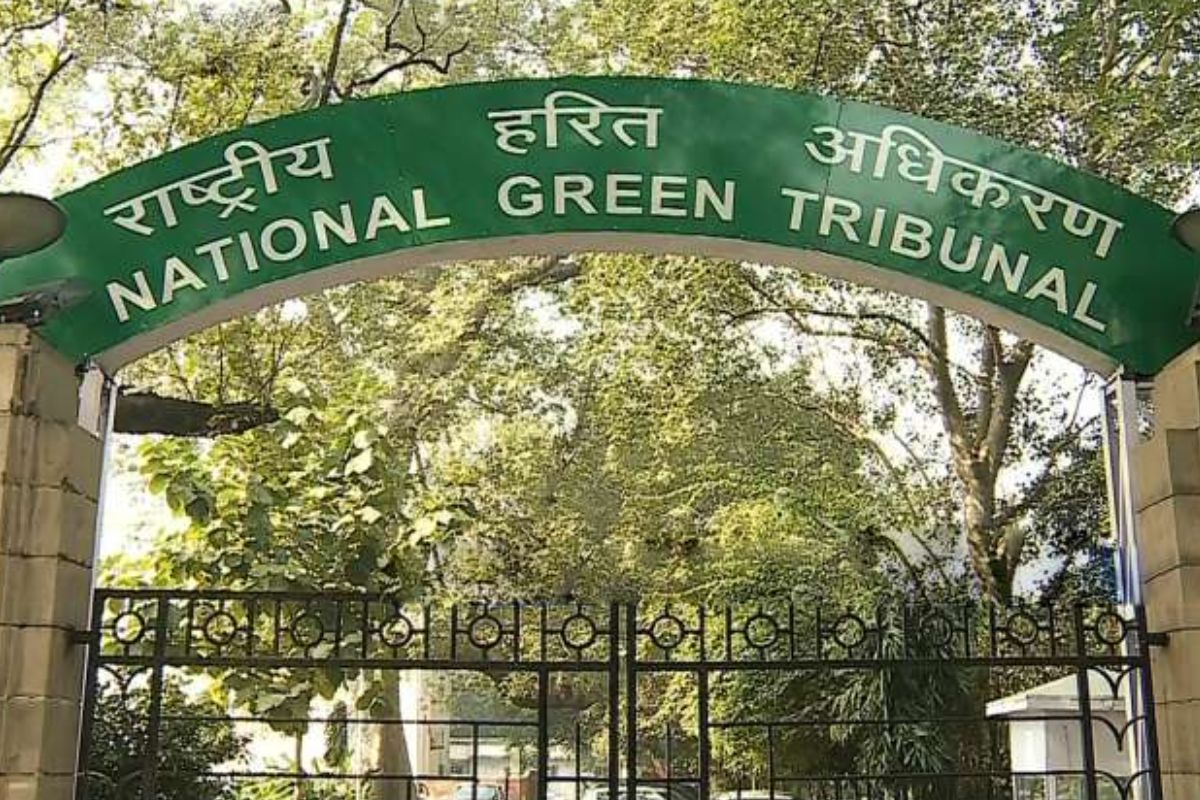Himachal Pradesh CM pays tribute to Kargil martyrs on Vijay Diwas
Remembering the valour and supreme sacrifice of the Kargil martyrs on Vijay Diwas, Chief Minister Thakur Sukhvinder Singh Sukhu paid tributes to them on Vijay Diwas on Friday.
The National Green Tribunal (NGT) has issued notice to Divisional Forest Officer (DFO), Shimla, and Principal Chief Conservator of Forests (PCCF) in the case of damage to forest by plying of horses and mules in Kufri.

National Green Tribunal
The National Green Tribunal (NGT) has issued notice to Divisional Forest Officer (DFO), Shimla, and Principal Chief Conservator of Forests (PCCF) in the case of damage to forest by plying of horses and mules in Kufri.
During the last hearing on July 12, the NGT had constituted a committee of DFO and PCCF to take remedial measures regarding damage to environment. However, they didn’t submit the action taken report.
On October 3, the NGT issued the notice to the Forest Department officials and posted the matter for December 20.
Advertisement
Meanwhile, Gram Panchayat, Kufri Shawah, has submitted before the Tribunal that eateries, restaurants and hotels around Kufri tourist spot are damaging the environment as their waste is found scattered in the forest area, while waste water and sewage from these establishments has been polluting water sources.
It has pointed out that the livelihood of five to six neighbouring villages depends on the plying of horses.
The total length of the mule path in Kufri is 1,087 meters. Out of the total 1 km, approximately 800 meters fall under the administrative control of Theog Forest Division and the area is a reserve forest. The rest of 200 meters is under the possession of Central Potato Research Institute.
The NGT constituted expert panel, earlier in its report, dated May 23, had pointed out that “horses/ponies are being parked at random sites in large numbers and non-supervision of the same leads to the entry of horses in the nearby forest area of Shimla forest division” and Shimla wildlife sanctuary.
The Wildlife Protection Act, 1972, mandates the Chief Wildlife Warden to take all such measures as may be prescribed for immunisation of communicable disease of livestock kept in or within 5 km of a sanctuary.
“Further, the Act also prohibits that no person should take or cause to be taken or grazed any livestock in the sanctuary without getting it immunised. The unregulated horses/ponies are responsible for causing damage to the ecology not only of the prescribed trail/path but also responsible for the destruction of the green areas in and around the area in question. Further, it has been found that certain assets in the form of temporary shops, parking for vehicles, halting points for horses/pony, and other related activities have been created and the legalities need to be verified,” added the report.
The report concluded, “Mule or horse trails have many impacts on vegetation and soil that include damage to native vegetation, soil erosion, compaction, exposure of roots, etc. Plant damage includes a reduction in vegetation height and biomass, changes in species composition, and the spread of exotic weeds and plant pathogens.”
Advertisement